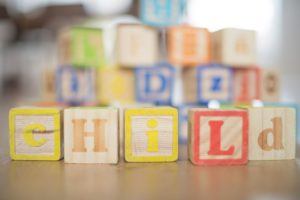Down Syndrome
Holidays are a fun and exciting time of the year. Holidays can also be a stressful time of the year for both children and their parents. Children with deficits with sensory processing may have more difficulty with maintaining appropriate modulation which may lead to being overwhelmed and having more melt-downs. Keeping in mind the following strategies can help families get though the holiday season with less frustration.
· Put up Holiday decorations slowly over time. Allow your child to be part of the process of decorating so that she does not get overwhelmed with the lights, sounds, or changes in furniture set up.
· If you take your child shopping with you, try to avoid shopping at crowded or busy times. Shopping ahead of time or online might be appropriate alternatives.
· Educate extended family members about your child’s difficulties with sensory processing and let them know if there are any changes and adaptations that you will be making to traditional Holiday get togethers.
· When going to outings that may be overwhelming take your child’s comfort items and familiar toys for him to play with.
· Let your child know ahead of time what activities are scheduled. Let them know what the activity is, when it will take place, and what to expect. If possible, it may be beneficial to create a social story with pictures from previous years if possible to share with your child before an event.
· Try to stay on your normal routine: Try to be consistent with wake-up times, nap times, meal times, and bed times. Try to keep the same bedtime routine allowing time for your child to calm down before bed.

· Allow for extra rest and nap times if needed. Schedule in times for your child to have down time from scheduled activities in a quieter place.
· When going to family meals: allow for your child to eat at their typical meal time. Bring food that your child will usually eat and allow them to eat the familiar foods.
· When going to relatives/friends’ houses for get togethers it may be helpful to talk to the host a head of time to see if there is a separate place for your child to go to calm down if needed or to warm up to transition to environment.
· Dress your child in comfortable and familiar clothes. Allow the child to wear his favorite pants with a Holiday shirt, looks for clothes in the same fabric that they are used to wearing. For Holiday outfits, allow the child to wear the outfits before a holiday gathering.
· Be flexible on your expectations for traditional holiday activities. Allow for your child to stand near Santa or give him a high-5 instead of having your child sit on Santa’s lap for a photo. Let a child open only one or two gifts at a get-together and take the remaining gifts home to open at a later time.
Check out our video: Preparing your sensory child for a Holiday – YouTube
Staying flexible and making small adaptations can help you and your child have a more enjoyable Holiday season. For more information about sensory processing and development milestones please visit our website at: www.abcpediatrictherapy.com
Read MoreAfter about the age of 5, buying toys for children with special needs can get challenging. We want to help! As a physical therapist and the CEO of ABC, I am super passionate about children in general. I want each to succeed and toys help them to do that.
I have an 11 year old niece who has Angelman’s Syndrome. Each year my sister is so challenged to come up with gifts that will push my niece’s potential. Amazingly, my sister accomplishes this daunting task each year. I hope your challenge is made easier by sharing these ideas.
Now, I want to qualify, I am THAT aunt that, as a physical therapist, I do not want my niece playing with toys too young for her age. I try to balance her developmental level with her chronological age. This can be a challenge.
Pretend Play ideas
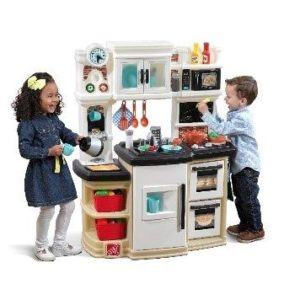
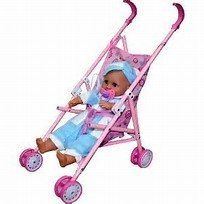
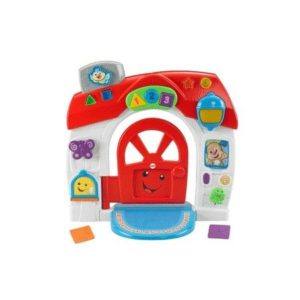
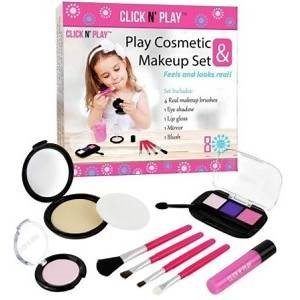
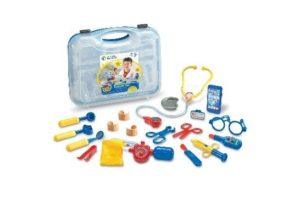
These are great play ideas for 10 months – 6 years old.
Children can crawl through, pull to stand, cruise and tiptoe.
They can use their imaginations and pretend to be a parent or cook a meal. Social interaction with a friend and sharing are also skills these toys will encourage.
Many language concepts like word development and direction words such as in, out, up and down can be challenged.
Cause and effect will also be developed playing with these toys.
Remember your child will see you or a sibling doing many activities in real life that they may or may not ever be able to do. It is fun for them to pretend at those activities. Have these toys available for your child to develop these real life skills. Encourage your child and show them how to use the toys. Take turns. Play side by side. Interact together.
I hope you found these ideas helpful! Look for our next blog as I continue to share more toys ideas!
Check out our developmental checklist at checklist.abcpediatrictherapy.com to know what to encourage at what age for your child.
Visit https://www.abcpediatrictherapy.com for more information on child development.
Read More
 Skip to content
Skip to content

